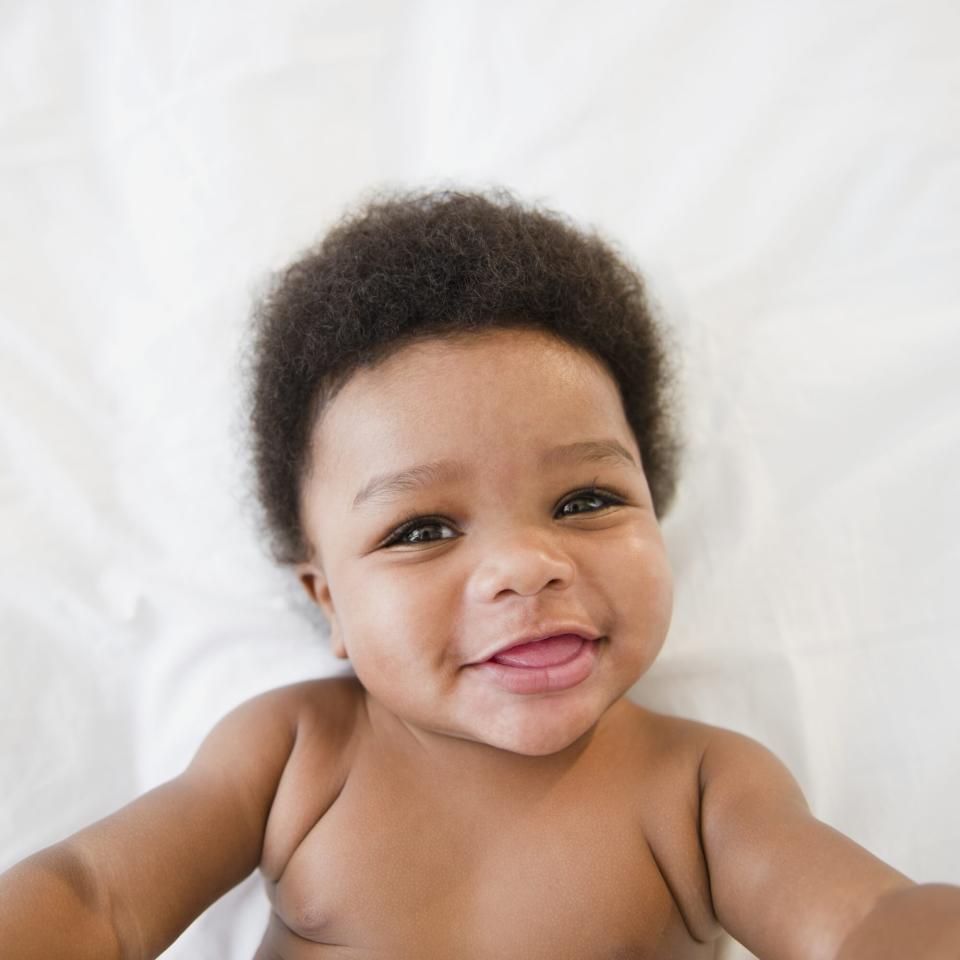You Began to Develop Your Unique Behavioral Traits Immediately After You Were Born
From their very first coos and smiles, many parents wonder where their babies got their unique mannerisms from. Now, according to a new study published in the journal Frontiers in Psychiatry, researchers are saying that the individual behavioral traits actually develop the moment a baby is born. "Our main findings show that soon after birth, greater connectivity between frontal and parietal brain regions is linked to improved behavioral regulation in human infants," Dr. Toby Grossmann, study co-author from the University of Virginia and the Max Planck Institute for Human Cognitive and Brain Sciences, said in a media release.
The research team cited functional connectivity (which is the connection between different areas of the brain) as the reason behind brain development. Plus, brains function best based on hypo-connectivity in the frontoparietal region (controls emotions and attention), hyper-connectivity in the default mode network (connects social understanding and mind wandering), and hypo-connectivity in the homologous-interhemispheric area (regulates emotions). For the study itself, the scientists used a headcap to test the brain activity in newborns and one-month-old babies. Grossmann mentioned that they gave the parents questionnaires and also studied three things in their infants: regulation (how the babies cuddled and kept calm), negative emotion (fear and sadness), and positive emotion (smiling and laughing).

JGI / Jamie Grill / Getty Images
Related: Science Says That Babies Like and Understand When You Imitate Them
What's more, functional connectivity showed that babies begin forming unique traits within the first month of their life. "To our knowledge, this is the first study, to demonstrate that connectivity for this specific brain network develops early in human infancy and plays a role in accounting for individual differences in emerging self-regulation and control skills among infants," Dr. Grossmann said.
"There is a whole host of psychiatric disorders that have been associated with differences in functional connectivity in the brain networks examined in young infants in our study," Dr. Grossmann added. "Previous research implicates more extreme individual differences in these networks studied here in a group of typically developing infants to adults suffering from major depression. But it remains an open question whether the demonstrated link between brain and behavior in early infancy is predictive of long-term developmental outcomes including psychiatric diseases."

